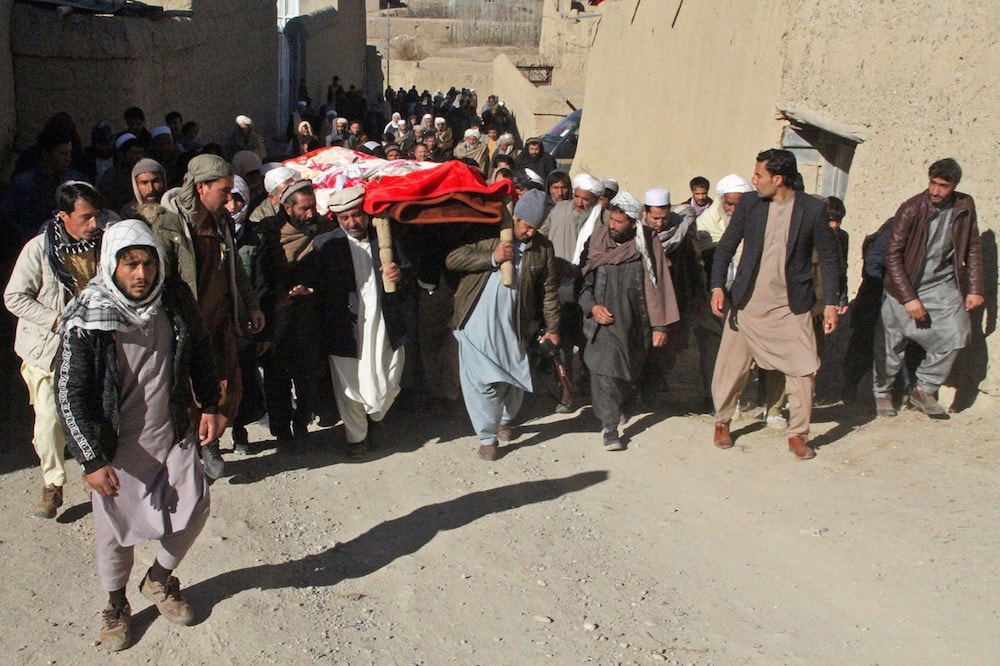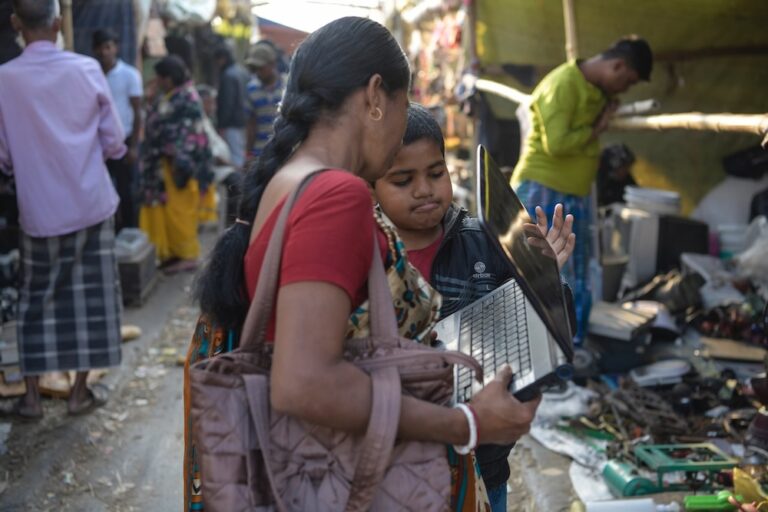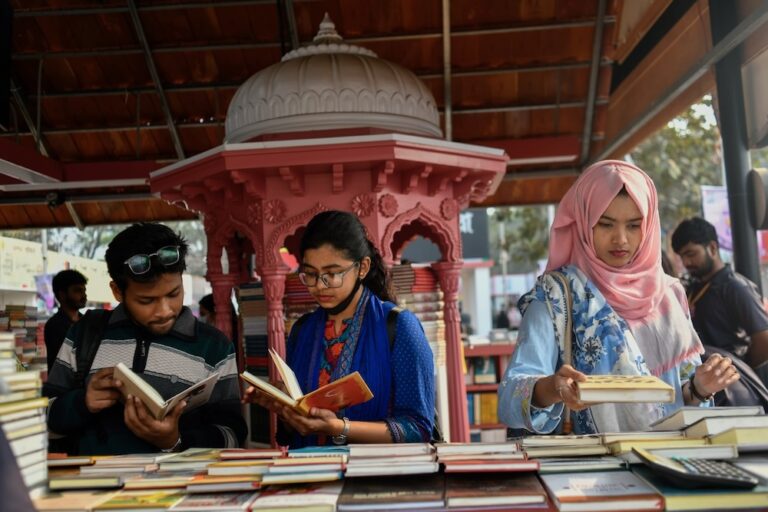December 2020 in Asia-Pacific: A free expression roundup produced by IFEX's regional editor Mong Palatino, based on IFEX member reports and news from the region.
A violent ending during the year of the pandemic. Media killings reflected the continuing impunity in Afghanistan. Crackdown worsened in Hong Kong. And several women journalists were harassed, arrested, and killed for simply fulfilling their work.
Media killings continue in Afghanistan
Seday-e-Ghor (Voice of Ghor) radio editor Besmillah Adel Aimaq was shot dead in a car ambush on 1 January, the first journalist to have been killed in 2021.
Before him, four other journalists have been killed in Afghanistan since November 2020. Radio Free Europe correspondent Elias Daei was killed in a targeted magnetic mine explosion on 12 November. Enikas TV presenter Malala Maywand and her driver Tahir khan were killed on 10 December, on the global celebration of Human Rights Day. Rahmatullah Nikzad, chief of the Ghazni Journalists’ Union, was assassinated in Ghazni province on 21 December.
PEN International said the murder of Malala was “intended to instill fear and silence prominent female voices in the country.”
The Afghanistan Journalists Center (AFJC) bemoaned the culture of impunity which claimed the lives of 8 journalists in 2020.
“While the culture of impunity for the crimes against journalists continued in Afghanistan in 2020, most cases had not been investigated seriously, and the perpetrators have gone free and justice is not observed,” said AFJC executive director Ahmad Quraishi.
Hong Kong crackdown targets activists and journalists
Hong Kong’s crackdown on dissenting voices intensified in December with the conviction of pro-democracy youth leaders Joshua Wong, Agnes Chow, and Ivan Lam for holding an “unlawful assembly” in 2019. Wong was handed out a 13-and-a-half-month prison sentence, Chow got 10 months, and Lam seven months. The charge is linked to the June 2019 protest when thousands of people surrounded a police headquarters denouncing the use of force in dealing with those who were campaigning against the extradition amendment bill.
Authorities also ordered the freezing of bank accounts of a former pro-democracy lawmaker and a Church pastor who provided assistance to activists.
Meanwhile, media tycoon Jimmy Lai, who is facing a fraud case, was denied bail. Another charge was filed against him for allegedly violating the national security law by “colluding with foreign forces.” The new charge is related to tweets and opinion pieces which he published about Hong Kong’s democracy movement. He was granted bail on 23 December but this was revoked a week later.
Police also charged two journalists with “obstruction” and “resisting arrest” in connection to their coverage of the protests in 2020.
Chris Yeung, chairperson of the Hong Kong Journalists Association, summed up the attacks against the media in 2020 and affirmed their commitment to tell the truth and uphold the public’s right to information:
“The air of press freedom was wearing thin. Threats bred anxieties and fears, doubts and hesitation. But I believe we will not give up journalist at work. We will persist fearlessly.”
Women journalists under attack
Several women journalists across the region faced legal and political persecution because of their work.
In the Philippines, Rappler founder and CEO Maria Ressa appeared in court for a second cyberlibel case filed against her in connection to a screenshot she posted on Twitter in February 2019. The complainant is the same person who filed the first case which led to Ressa’s conviction, which is now under appeal. Ressa’s supporters believe these cases are all politically-motivated.
“I was convicted of cyberlibel earlier this year, and now I have my ninth arrest warrant and could go to jail for a tweet. The legal acrobatics to harass and intimidate me continue, but these moves only convince me that we have to fight back and demand justice,” Ressa remarked.
Another Filipino journalist, Lady Ann Salem, was jailed on 10 December, after police raided her home office and charged her with illegal possession of firearms and explosives. Salem, the editor of independent news website Manila Today and communications officer of the International Association of Women in Radio and Television, said the evidence was planted by the police. Rappler published an editorial about the escalating attacks against the critical press.
“Lady Ann Salem and other persecuted journalists like Ressa are a cautionary tale for fearful newspaper owners. Their harassment has a chilling effect on cautious media. But they are also beacons of light for all journalists who are passionate about, and excellent at, what they do.”
In India, comic illustrator Rachita Taneja faces contempt proceedings over her caricatures published on her Twitter page named “Sanitary Panels”. The petition was endorsed by the attorney general which described three of Taneja’s cartoons as “deliberately intended to shake the confidence that the people have” in the Supreme Court. The petitioner, who is allegedly linked to India’s ruling party, said the cartoons denigrate the Court by making it appear that it is beholden to politicians. IFEX member CRNI responded on Twitter:
In China, citizen journalist Zhang Zhan was sentenced on 28 December to four years in prison by a Shanghai court on the charge of “picking quarrels and provoking trouble” for reporting live from the city of Wuhan during the COVID-19 outbreak in February. The trial for the former lawyer lasted three hours.
On 7 December, Chinese authorities arrested Haze Fan, a Bloomberg staff member in Beijing, on suspicion of endangering national security. The Chinese government insisted that the detention of the Bloomberg reporter is an “internal affair”. The Foreign Correspondents’ Clubs and Associations of Japan, Hong Kong, Jakarta, the Philippines, South Asia, Taiwan and Thailand have released a statement about the arrest of Fan.
“Chinese nationals perform invaluable roles in support of foreign media in China. Without their work, it would be difficult for foreign media to operate in China, and their safety is a matter of the highest concern.”
A disinformation campaign targeted Nighat Dad, founder and executive director of the Digital Rights Foundation. The vilification focused on her work as a lawyer and human rights defender in Pakistan. Various groups and human rights institutions have expressed solidarity with Nighat Dad.
New and noteworthy
Software Freedom Law Center, India has launched Free Speech Tracker, a crowdsourced research project monitoring instances of free speech violations and the laws governing free speech in India. It tracks instances of website blocking, art censorship, book bans, and cases on intermediary liability.
“A tracker like this is a mirror which shows us how deep the water is. This tracker collates information and puts it together for us to reimagine what freedom of speech and expression should look like in the 21st century.”
In Pakistan, new research by Mehwish Batool analyzed the country’s response to COVID-19 related disinformation and suggested recommendations on what can be done to contain the spread of the “disinfodemic”.
Swedish PEN’s new report, “Writing against Oblivion – Culture and Language as Means of Oppression and of Resilience in the Xinjiang Region”, featured five exiled Uyghur writers, who provide first-hand testimony of how China’s government has targeted the Uyghur language and literature.
Another report on the situation in Xinjiang was released by Human Rights Watch (HRW) which gave evidence of China’s use of technology in its repression of the Muslim population. Maya Wang, senior China researcher of HRW, said the study reveals how China’s brutal repression of Xinjiang’s Turkic Muslims is being “turbocharged by technology.”
In several infographics, the Centre For Independent Journalism – Malaysia explains the value of establishing a Malaysian Media Council. One of the roles of the Council would be to introduce a Code of Conduct for reporting, act as an arbitrator for complaints, as well as enhance the accountability and credibility of the media industry in Malaysia.
In Brief
Sok Oudom, the owner and manager of Rithisen radio and website in Cambodia, was sentenced to 20 months in prison and slapped with a fine of 4,900 US dollars for “inciting villagers to cause chaos” when he livestreamed the resistance of a rural community against the plan of the military to take over land in a wildlife sanctuary. Sok Oudom was the third Cambodian journalist who was sentenced to prison in 2020.
And finally, Nepalese civil society organizations including IFEX member Freedom Forum have expressed concern over the recent dissolution of the House of Representatives and announcement of the date for the midterm elections in May 2021. An excerpt of the joint statement: “We speculate that the ongoing action of the political parties after the dissolution of the parliament is gradually moving towards erosion of the historical achievements gained by Nepalese peoples through a long struggle.”



